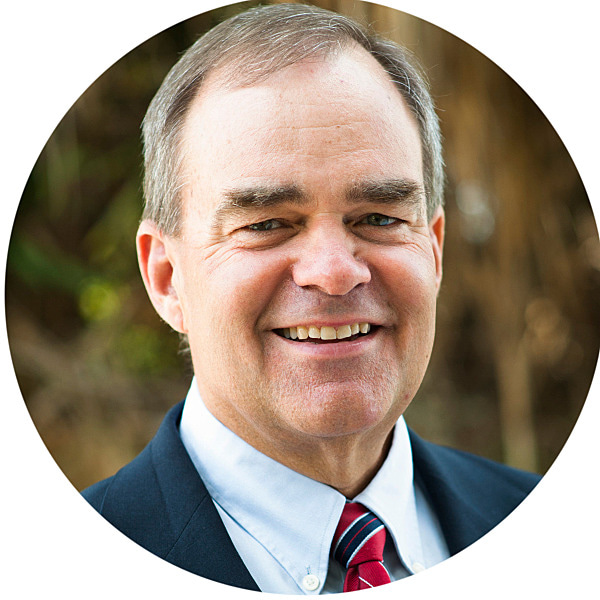How do we understand depression?
So, how do we understand depression? The tendency over the last many years, I guess, 20 years or more, has been to regard depression as merely a disease, something merely physical, there are commercials, there are TV programs. Many secular psychologists, because they see mankind as being merely a physical being, they look at depression as a physical problem just like you would look at any other physical issue. And they are short-changing their clients in their lack of understanding of human nature as also being spiritual, and being fallen. One reason why drugs are so often prescribed for depression is they see us as being mere physical beings. And the idea is, well, if you can just take a pill that will somehow affect the body in the right way, then you’ll be all better, or at least you can make the symptoms go away. That’s their perspective.
We understand the dual nature of mankind, we’ve talked about this before, that we have an immaterial self, which is the soul, which is embodied. And what happens to the body, affects the soul, what happens to the soul, influences the body. Both are significant. Proverbs Chapter 14, Verse 30, says, “A tranquil heart is life to the body, “but passion has rotten us to the bone.” So, what’s in your heart can make your body feel better or worse, the Proverb is saying. In 17:22, “A joyful heart is good medicine, “but a broken spirit dries up the bones.” So, when the soul is broken, the body, the bones dry up. So, the physical, the spiritual influence each other, environment is also an influence. And, for depression, often, maybe usually when someone is depressed, there are both physical and spiritual issues. And they can actually build on each other.
Someone who is very depressed, he may sleep a whole lot, too much, that’s unhealthy. He may not sleep nearly enough. What’s going on in the heart can affect the health, and it can cycle down, and sometimes very rapidly. Depression may have a physical component, but depression will always have a spiritual component. So, to call depression merely a disease, especially if you’re thinking in terms of a physical disease is not accurate biblically, nor is it all that hopeful, saying, “Oh, well, I’ve got this disease. “What can I do?” Ed Welsh, who’s written an excellent book on depression, says that any spiritual problem left unattended can slide into depression. So, any of the topic we talked about, giving in to temptation, fear, worry, all these, anger, can lead to depression.
And, what we as biblical counselors want to do, is address the spiritual issues behind depression to give help and to give hope. And as we said in earlier lecture, that even if there is a bodily weakness issue, is there something wrong with this person physically, hormones, genetically, brain, that makes them more prone to depression? Maybe, I can’t be absolutely sure. But even physical weakness, it cannot stop us from growing spiritually. Physical weakness cannot force us into what the Bible calls sin. In Second Corinthians, Chapter 4, Verse 16, Paul writes, “Therefore, we do not lose heart. “But though our outward man is decaying, “yet our inner man is being renewed day by day. “For momentary, light affliction is producing for us “an eternal weight of glory, far beyond all comparison, “while we look not at the things which are seen, “but are unseen. “The things which are seen are temporal, “but the things which are not seen are eternal.” So, even if there is decay in the outward man, and that decay could include brain weakness, yet the inner man, our spiritual self, can still be growing.

